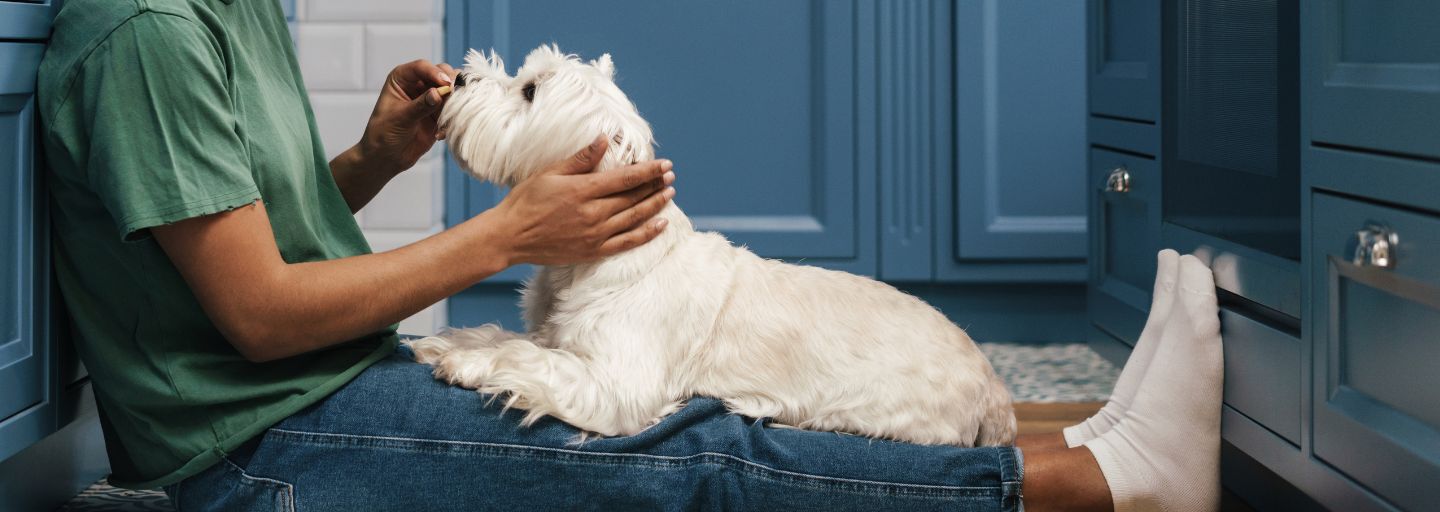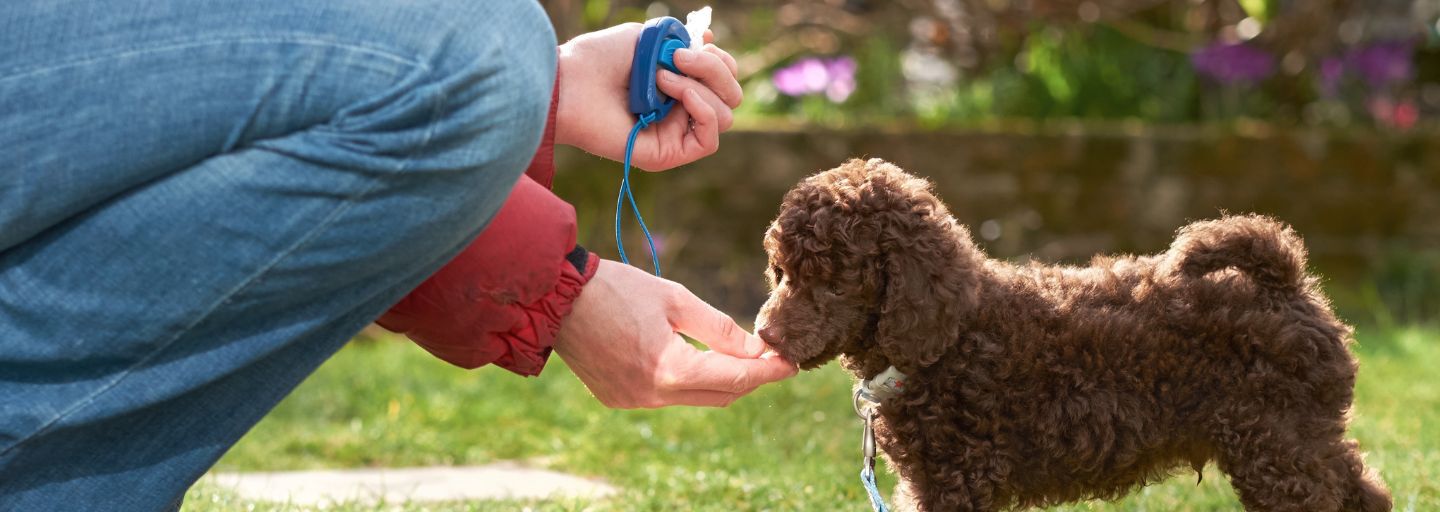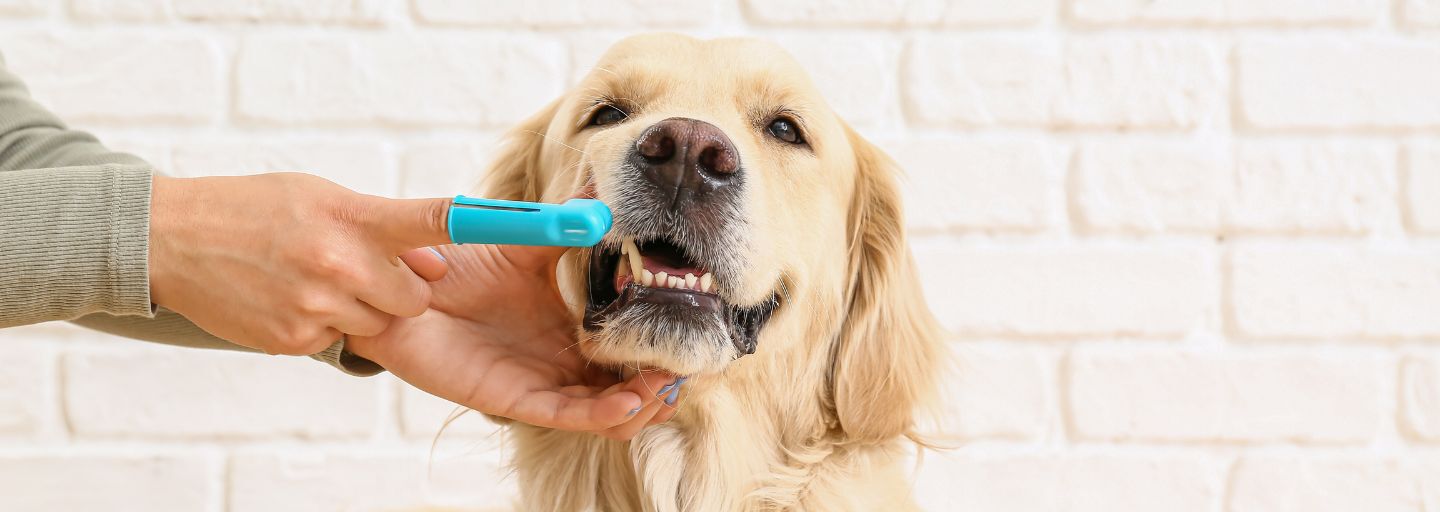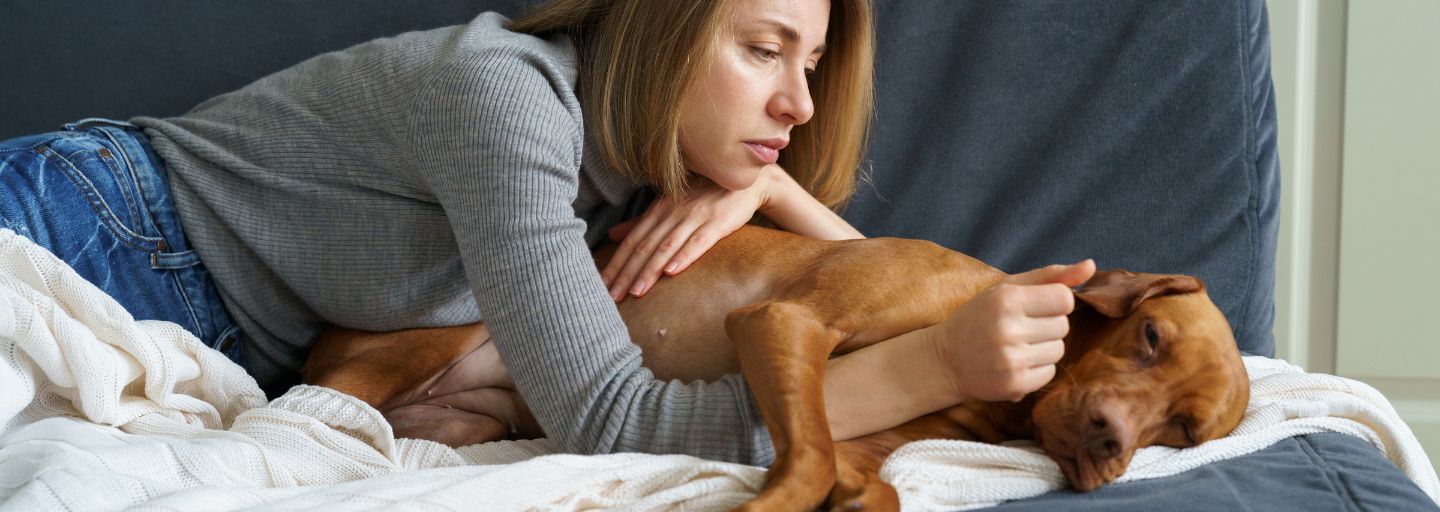When it comes to enjoying our favorite snack foods, it's often tempting to share them with our beloved four-legged friends. After all, who can resist those big, beautiful, hungry eyes? However, it's important to remember that the human digestive system functions differently from that of our pets. Offering them treats from our plate means adding extra calories to their diet, which can lead to weight gain.
Just like humans, pets that carry extra weight place additional strain on their organs. Animals that weigh more than 20% of their ideal body weight are considered obese, and this comes with serious health risks. As a responsible pet owner, it's crucial to be aware of the potential problems overweight pets may face, including diabetes, joint and bone damage, heart disease, high blood pressure, liver issues, and a reduced lifespan.
Human food
Feeding dogs human snack foods can create a dependency on these treats. They may start refusing their regular, complete, and balanced dog food in favor of the tastier options. Moreover, this practice can lead to undesirable behaviors such as constant begging during mealtimes, rummaging through the rubbish bin, or even attempting to steal food from your plate.
To ensure the well-being of your furry friend, it is always recommended to choose treats that are made with real, wholesome ingredients. LUCKY DOG Meaty Chews, for example, are long-lasting and provide a perfect solution for keeping your dog occupied without compromising their health.
Snacks
When selecting treats, consider your dog's size, activity level, and dietary needs. It's important to follow feeding guidelines provided by reputable pet food companies to avoid overfeeding or underfeeding your dog. Just like humans, dogs have specific caloric requirements based on their size and activity level. For instance, a medium-sized desexed dog weighing up to 20kg has an average daily calorie intake of around 1059 kcal, compared to the 2080 kcal recommended for an adult human*.
Remember, moderation is key. Treats should only make up a small portion of your dog's overall diet and should not replace their regular meals. Use treats as a way to reward good behavior or provide mental stimulation, but be mindful of the quantity and frequency. Consult with your veterinarian to determine the most suitable treats for your dog's individual needs, and always prioritize their health and well-being.
While it may be tempting to share your favorite snacks with your dog, it's essential to consider the potential consequences. Overfeeding dogs with human snack foods can lead to obesity and various health issues. Instead, opt for treats made with real ingredients, like LUCKY DOG Meaty Chews, and feed them in moderation. By following these do's and don'ts, you can ensure that your furry friend stays healthy, happy, and well-nourished*.
*Based on Government daily Calorie intake of an adult human 2080 kcal and medium breed dog 1059 kcal.



